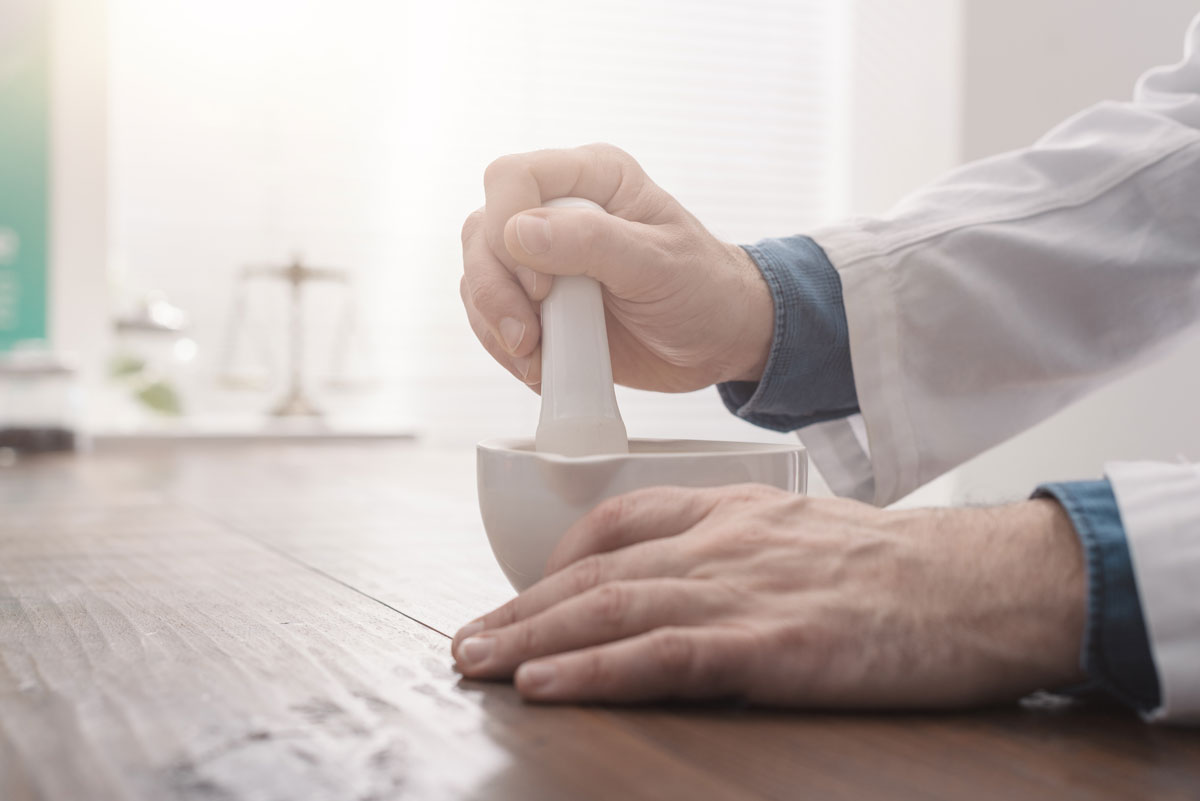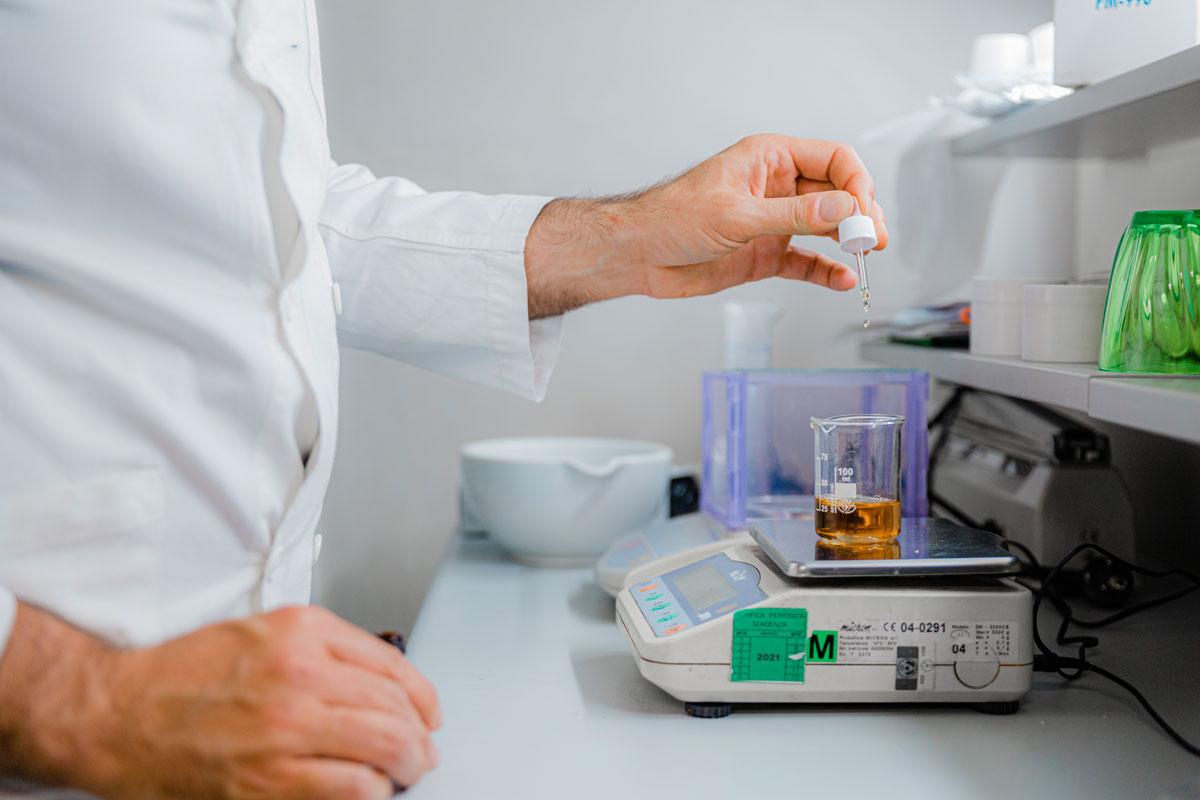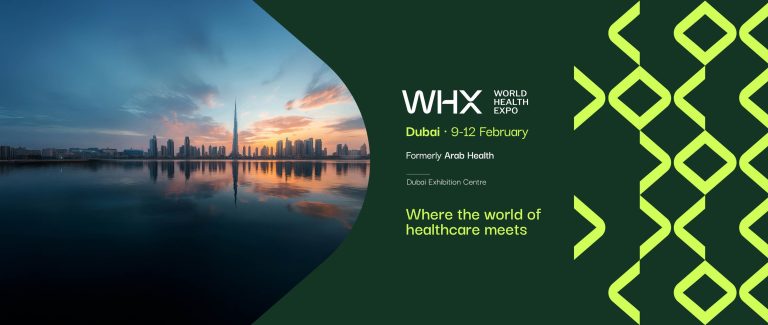GP Nord Ltd
Reg. Nr: 40203177406
Address: Kurzemes prospekts 23, Rīga, LV-1067, Latvija
If the doctor has prescribed a drug that is not industrially produced, then most pharmacies will ensure the compounding of this drug. This is useful, for example, in cases of respiratory diseases, in cases of various dermatological diseases and in cases of children’s diseases, when medicines are needed in doses of ingredients that differ from mass-produced medicines. The solution to these cases can only be provided with personalized or extemporaneous medicine.
Extemporaneous medicine, also known as personalized or customized medicine, is a branch of pharmaceuticals that involves the preparation of customized medications for individual patients based on their unique medical needs. These drugs are usually made by combining two or more drugs into a single dosage form, such as a capsule, liquid, cream, or ointment.
“Ex tempore” is Latin for “immediately after”. Extemporaneous medicines are prepared by pharmacists on the spot in the pharmacy, immediately according to the doctor’s order – individually for each specific patient. These medicines have been around for centuries and were once the main form of production for all medicines. However, with the onset of mass production, locally prepared medicines were no longer advantageous for most ailments, and most pharmacies began to focus on offering manufactured medicines.
Despite these changes, extemporaneous drugs still play an important part in medicine, especially for patients with special medical needs that cannot be met by commercially available drugs. This may include patients with allergies or sensitivities to certain ingredients, those who require different dosages than are available in prepackaged medications, and those who require a different form of medication than is commercially available.

Extemporaneous medicines are prepared by pharmacists in specific pharmacies that provide such a service. In order to become a pharmacist who prepares medicine, one must study for five years, and to become a pharmacist’s assistant – two and a half years. Pharmacies that offer extemporaneous drug preparation employ one or more pharmacists who prepare the drug and an employee who checks each unit prepared. Compliance of the medicine with the prescription is checked, chemical tests are carried out, with the help of which both the quality and compliance of the medicine in terms of quantity are determined.
Making individual medicines is a complex, responsible and time-consuming manual work, but it will not always be more expensive as a result than buying industrially produced medicines. When preparing extemporaneous drugs, pharmacies do not have to register each unit with the State Agency of Medicines or other supervisory authorities, which creates additional expenses for large drug manufacturers. On the other hand, the work costs of pharmacists are regulated by the Cabinet of Ministers’ regulations on the formation of drug prices.
Only raw materials tested and certified by the State Medicines Agency are used for the preparation of medicines, and a large number of pharmacies throughout the country offer preparation of medicines. Although the manufacture of extemporaneous medicines is not as common in Latvia as in some other countries, there is growing interest in the potential of making personalized medicines and combined medicines to meet the unique needs of individual patients.
In recent years, extemporaneous medicine has gained renewed attention due to its potential for personalized medicine. As technology and research advances, it is becoming increasingly possible to tailor medications to individual patients based on their genetic makeup and other factors. This could lead to more effective treatments with fewer side effects in the future, as well as reduce the use of unnecessary medications.
The future of extemporaneous medicine in Latvia and beyond will be shaped by technological and medical achievements. As our understanding of genetics and other factors that influence an individual’s health continues to improve, the need for personalized medicine that can be tailored to each patient’s unique needs is growing. Extemporaneous medicine will play an important role in meeting this need by providing customized medicines that are tailored to each patient’s individual needs and preferences.



